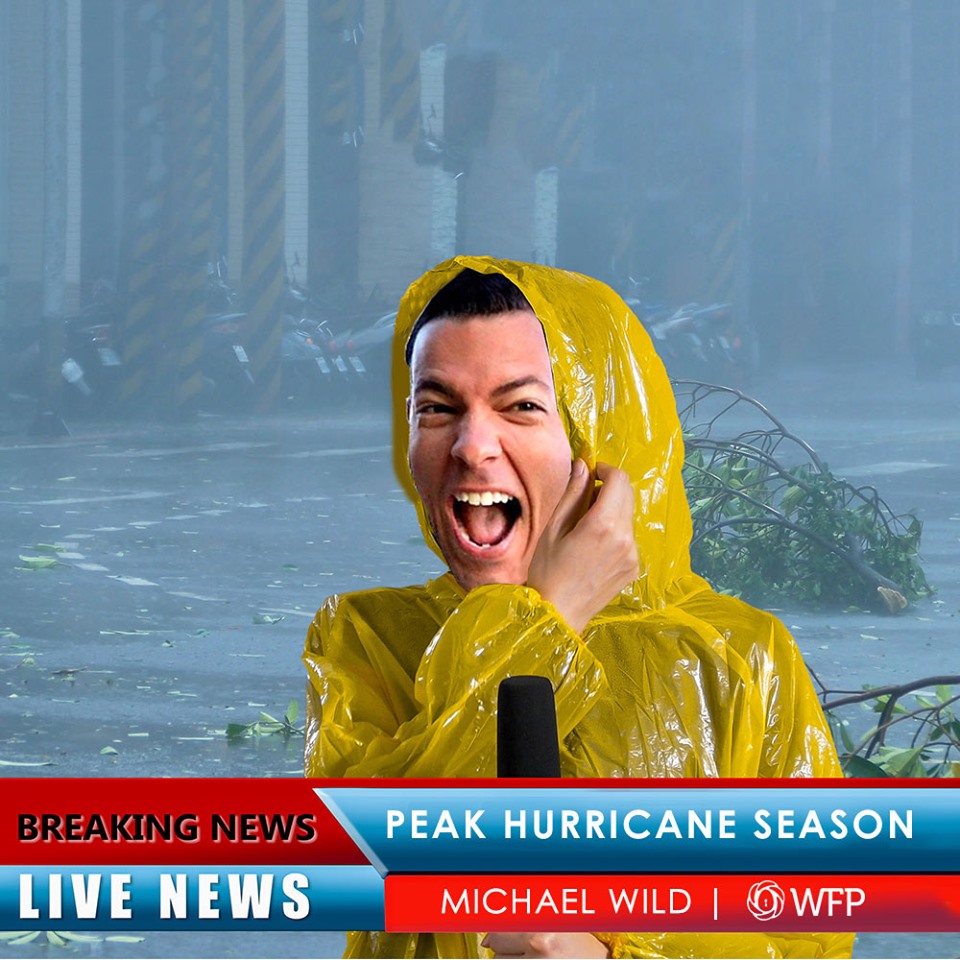
It is difficult, when discussing legal concepts, to have the idea explained in plain English so that non-lawyers can understand. Disclaimer provisions are one such concept that seem difficult but don’t have to be. In this article, we will break down what a disclaimer provision in a will is and how it can help you and your heirs.
Some Definitions
It always helps to understand what the language even means in the first place. First, a trust is a three-party relationship. The donor (you) grants title to the property to a trustee (the second party). This trustee then, at your command or at a specific time, such as when you die, transfers title to the property to the beneficiary. The beneficiary is the third party that you intended to get the property all along. Secondly, as you know, a will is a document that details where your assets will go after your death.
Now, let’s throw the word “disclaimer” into the mix. A disclaimer trust involves this three-party relationship. In a disclaimer trust, your will contains embedded disclaimer provisions. These provisions let your spouse, after you die, put specific assets into the trust by disclaiming them. The spouse refuses and rejects ownership of certain parts of your estate. Those rejected (disclaimed) parts of your estate go into a trust.
This trust that contains the disclaimed parts of the estate is called a disclaimer trust. The disclaimed parts of the estate are not taxed when they go into the trust, which is why this instrument is preferred by people who want lower estate taxes for their heirs (i.e. all of us). After the disclaimer trust is established, the trust can pay out support benefits to intended trust beneficiaries.
An Example
An example may (hopefully) help make this a little less confusing. Here is an example, using fake people, of a disclaimer trust:
Ann, age 93, dies. She leaves her husband, Harry, age 92, her entire estate. Harry and Ann have three children. Harry disclaims his interest in Ann’s savings account, rejecting ownership of the account because he is 92 and doesn’t need the money. The savings account amount of $1 million goes into a disclaimer trust. It is not taxed.
Ann and Harry’s three children each receive payouts of $1,000 per month from this untaxed disclaimer trust. Harry has disclaimed ownership, so he has no interest in the savings account. The support payments come from the disclaimer trust for as long as Harry elects to disclaim that portion of Ann’s estate.
This simplified example is a way to understand how such a disclaimer trust works. There is another term to know, called a see-through trust.
See-Through Trust
A see-through trust should not be confused with a disclaimer trust, though the fact that both involve payouts can be confusing and cause to intermix the two.
A see-through trust is a fund that is treated in the same way as a beneficiary of a retirement (IRA) account. A see-through trust bases its payouts on life expectancy of the beneficiaries. Based on that amount, it will calculate the required minimum distributions from the trust. These distributions occur after the holder of the IRA dies. The IRA holder can pick their beneficiary. The see-through trust payouts are not permitted to continue indefinitely.
Inheritance Effects
Every case is different. The effect of a disclaimer trust on inheritance is murky if the disclaimer is not clear and finalized before the death of the grantor. Note that an inheritance tax and an estate tax are not the same thing. The former is applied to the heir, while the latter applies to the estate of the deceased.
This might seem confusing, but just know that the bottom line involves the potential for lower taxes on your estate. Consult an estate planning attorney to discuss setting up a disclaimer trust and the potential benefits that such a trust will grant you.

